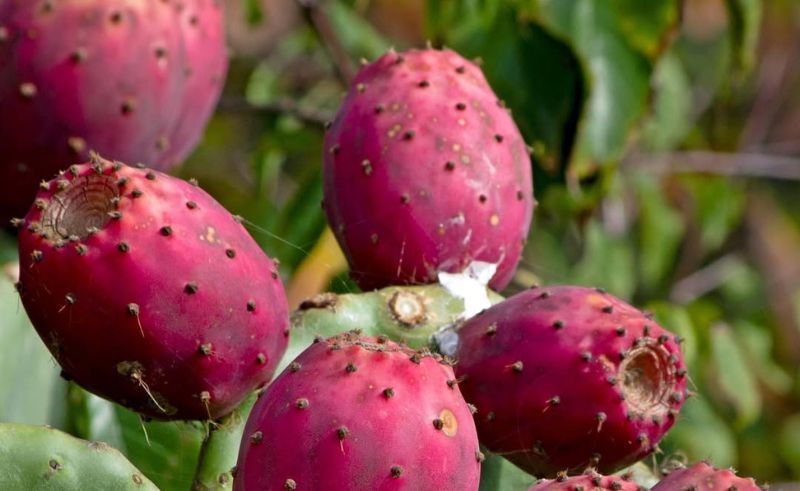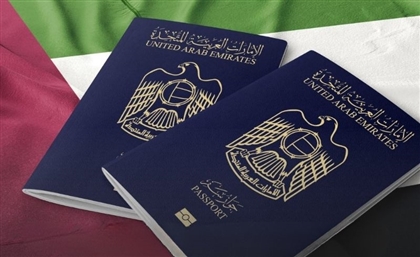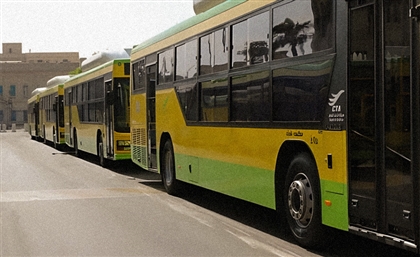King Khalid University Patents Water Purifier That Uses Pear Peels
The patent from the Saudi Authority for Intellectual Property covers a process that enhances peel porosity to absorb cationic dyes used in textiles paper plastic and cosmetics.

A research team from King Khalid University in Abha has obtained a patent for a water purification method that uses prickly pear peels. The technology is able to remove 98% of pollutants while allowing the peels to be reused several times without notable loss of efficiency, according to Prof. Fatimah Al-Zahrani, head of the university’s chemistry department.
The patented process, secured from the Saudi Authority for Intellectual Property through a collaboration with Prof. Badriyah Al-Shehri and Prof. Reda El-Sheshtawy, exposes the peels to ultrasonic waves and alcohol-based solutions to increase porosity and absorption capacity across different environments. The study indicates that powder from prickly pear peels acts as a potential absorbent for cationic dyes based on thermodynamic and kinetic data. Cationic dyes are positively charged synthetic dyes used in textiles, paper, plastic and cosmetics. Their strong bonds to negatively charged particles make them difficult to remove, and they can be toxic to aquatic life and damaging to cell membranes. Many are carcinogenic or mutagenic, and they reduce water quality by blocking sunlight penetration.
Prickly pears are native to Saudi Arabia and especially abundant in the Baha region, where 26 farms produce between 40 and 70 tonnes annually. Farmers in the area have diversified production to include juice, ice cream, soap and other products. Officials in the region have previously discussed developing an integrated “prickly pear city” in partnership with the Prickly Pear Association.
- Previous Article Cairo Vintage Souq Transformed The Warehouse Into a Retro Haven
- Next Article Six Unexpected Natural Wonders to Explore in Egypt
Trending This Week
-
Dec 04, 2025



























